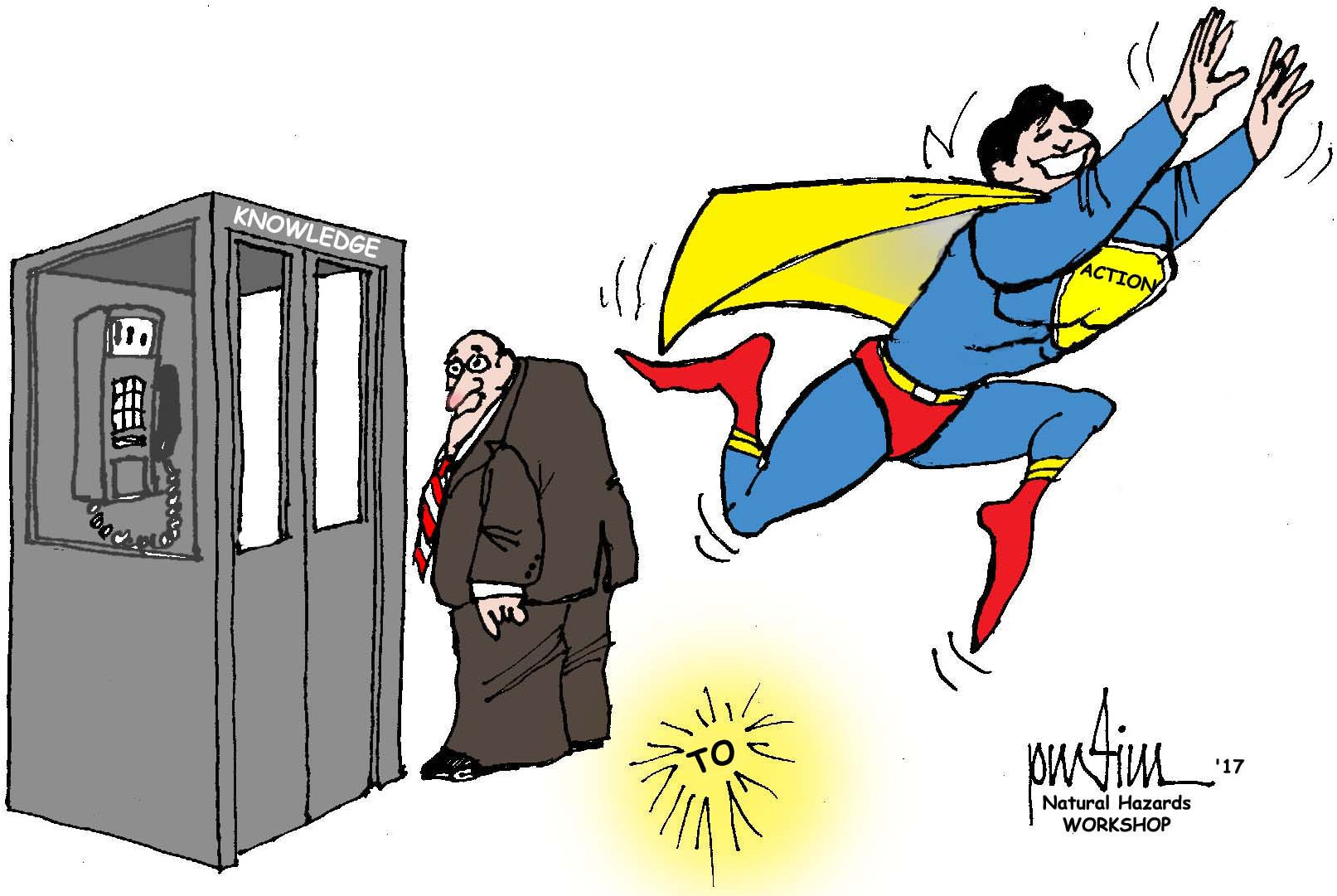Guidelines for Session Participants
General Information
Format
Plenary and concurrent session panels have a moderator and three to four panelists. Since panels are intended to provoke discussion, we recommend moderators provide background information on the issue and present prepared questions at the opening of the session.
Audience
The audience will include academics and practitioners with diverse backgrounds, experience, and knowledge. Because of this diversity, it will be helpful to define any legal and technical terms and acronyms.
Session Time
Plenary and concurrent sessions will be 90 minutes long. Panelists will have about 10 minutes each to respond to the moderator's questions. After all panelists have spoken, the moderator will open the discussion to the audience, leaving about half the session for question and answer.
Highlights
Moderators and panelists are encouraged to submit an abstract of their current work for the Research and Practice Highlights section of the Workshop Notebook. All Workshop participants receive correspondence regarding how to submit an abstract of their current work.
PowerPoints
PowerPoint presentations are only allowed in plenary sessions. Instructions on how to submit presentations will be sent directly to plenary session panelists.

Moderators
Role
Moderators help create an atmosphere where researchers, practitioners, and policymakers from wide-ranging backgrounds can exchange ideas in a positive, constructive environment.
Moderators have three critical responsibilities:
Formulate panel questions. Submit three to four questions directly to session panelists by the date requested.
Keep the session on time and on track. Student volunteers at the Workshop will help with timekeeping, but moderators should be prepared to politely encourage panelists and audience members to keep their remarks brief and focused.
Introduce the panel topic and panelists. Facilitate panelist remarks in response to guiding questions. Ensure the question and comment period runs smoothly, allowing as many questions to be asked and addressed as possible.
Guiding Questions
Moderators will develop questions that help guide the discussion and provide a framework for the session. They should give careful thought in designing questions, taking into account the unique perspectives and experiences panel members bring to the issue. Moderators are encouraged to schedule at least one conference call with panelists in advance of the Workshop, in order to discuss the questions or alternatives.
Panelists
Role
Panelists, who are invited to sit on Workshop panels because of their experience and knowledge, play an integral role in the success of the Workshop. Panelists should know that their role is twofold: 1) to share what they know and what they have done; and, 2) to engage the audience. Panelists are really provocateurs for those in the audience, who are experts in their own right and often have stories and information to share.
Responding to Questions
Each moderator develops three to four questions, which will be sent to panel members during the Workshop planning period. Panelists will then have about 10 minutes to respond to the set of questions during the actual Workshop session.
Social Media Recorders
Social media recorders will live tweet and post other social media regarding their assigned sessions, coordinate with panel social media presences, and respond to incoming questions via social media. The goal of including social media recorders for each session, starting in 2017, is to help keep those unable to attend the Workshop or a particular session informed.